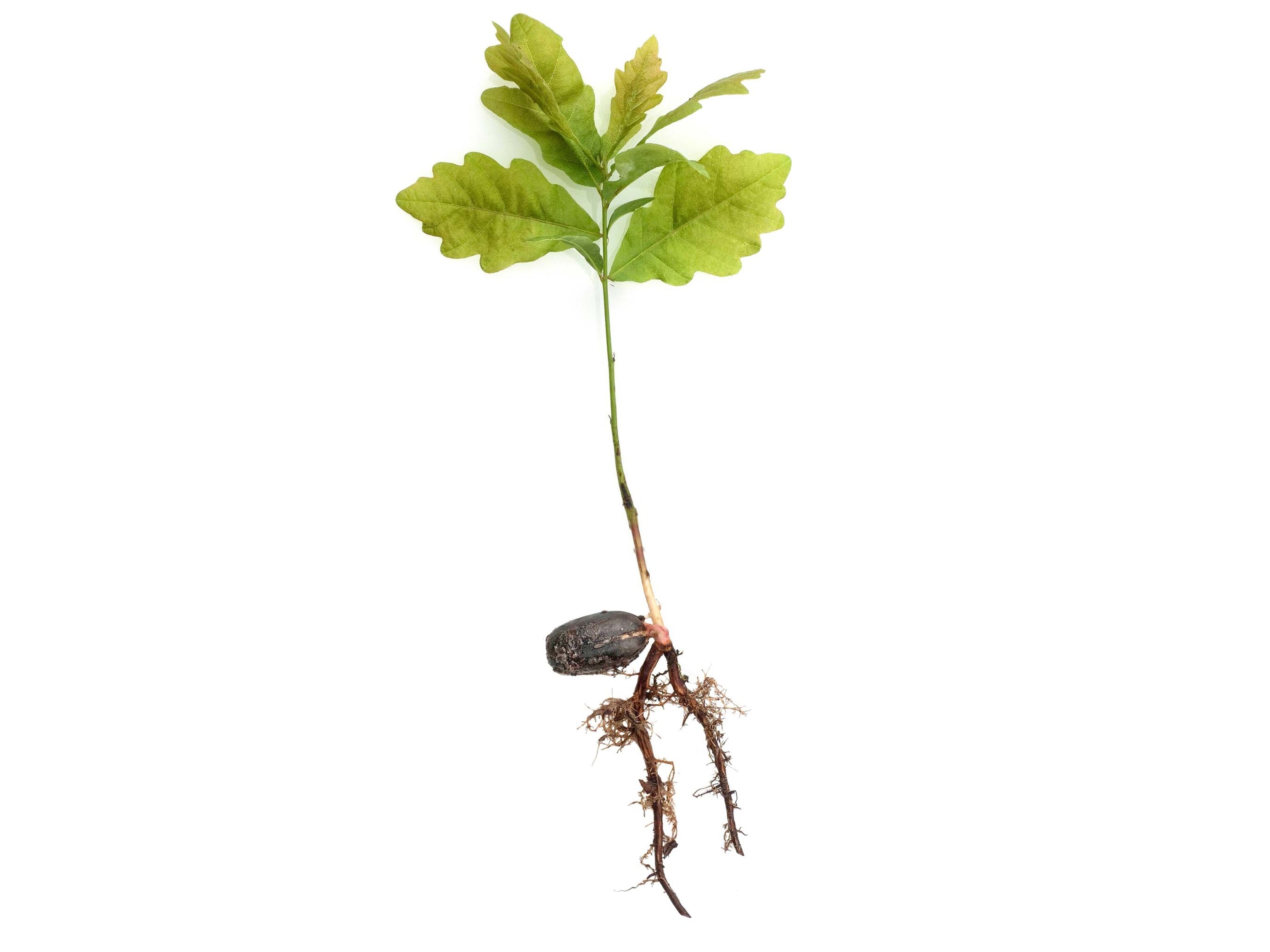
Smallest Farmers Found? Amoebas Carry, Plant "Seeds"
Social network allows single-celled life-forms to be migrant "farmers."
In the developed world, the small farmer may be going extinct. But among some amoebas, small farming—really small farming—is still a viable survival strategy, a new study says.
Generally speaking, when Dictyostelium discoideum amoebas run short of bacteria to eat in a patch of soil—presumably because the bacteria themselves are starving—the single-celled life-forms "start 'talking' to each other, and they gather together," said lead study author Debra Brock.
"When there're about a hundred thousand amoebas gathered together, then they form a fruiting body."
The resulting stalk sticks up into the wind and releases spores carrying the amoebas—and, it turns out, a few bacterial "seeds" too.
Brock and her colleagues found that, rather than eating all the food before leaving the previous location, the amoebas had encased the last morsels in shells for traveling.
When the spores landed, the amoebas emerged and released the bacteria seeds, planting them in hopefully greener pastures, much as human farmers move from exhausted fields to fertile ones.
(Also see "Human Waste Used by 200 Million Farmers, Study Says.")
"They bring their preferred bacteria, and this allows them to prosper and flourish in the new area," said Brock, a biologist at Rice University in Houston, Texas. (See an award-winning amoeba picture.)
Passive Farming
The amoebas don't seem to tend the bacteria while they're growing, so it's a passive kind of farming, Brock noted. By contrast, some ants termites, and other social insects are known to cultivate fungi or "milk" other insects for sugary meals.
Nonetheless, nothing like the amoeba farming has been seen before in single-celled organisms. (See "All Species Evolved From Single Cell, Study Finds.")
Brock said her team has since spotted this kind of primitive migrant farming in several other amoeba species—and they all share a trait with other known farming species, including us.
"We think they're able to do this because they're social," she said. Solitary amoeba species, she explained, don't join to form the fruiting bodies that make travel possible for D. discoideum.
You May Also Like
Go Further
Animals
- How can we protect grizzlies from their biggest threat—trains?How can we protect grizzlies from their biggest threat—trains?
- This ‘saber-toothed’ salmon wasn’t quite what we thoughtThis ‘saber-toothed’ salmon wasn’t quite what we thought
- Why this rhino-zebra friendship makes perfect senseWhy this rhino-zebra friendship makes perfect sense
- When did bioluminescence evolve? It’s older than we thought.When did bioluminescence evolve? It’s older than we thought.
- Soy, skim … spider. Are any of these technically milk?Soy, skim … spider. Are any of these technically milk?
Environment
- Are the Great Lakes the key to solving America’s emissions conundrum?Are the Great Lakes the key to solving America’s emissions conundrum?
- The world’s historic sites face climate change. Can Petra lead the way?The world’s historic sites face climate change. Can Petra lead the way?
- This pristine piece of the Amazon shows nature’s resilienceThis pristine piece of the Amazon shows nature’s resilience
- Listen to 30 years of climate change transformed into haunting musicListen to 30 years of climate change transformed into haunting music
History & Culture
- Meet the original members of the tortured poets departmentMeet the original members of the tortured poets department
- Séances at the White House? Why these first ladies turned to the occultSéances at the White House? Why these first ladies turned to the occult
- Gambling is everywhere now. When is that a problem?Gambling is everywhere now. When is that a problem?
- Beauty is pain—at least it was in 17th-century SpainBeauty is pain—at least it was in 17th-century Spain
Science
- Here's how astronomers found one of the rarest phenomenons in spaceHere's how astronomers found one of the rarest phenomenons in space
- Not an extrovert or introvert? There’s a word for that.Not an extrovert or introvert? There’s a word for that.
- NASA has a plan to clean up space junk—but is going green enough?NASA has a plan to clean up space junk—but is going green enough?
- Soy, skim … spider. Are any of these technically milk?Soy, skim … spider. Are any of these technically milk?
Travel
- Dina Macki on Omani cuisine and Zanzibari flavoursDina Macki on Omani cuisine and Zanzibari flavours
- How to see Mexico's Baja California beyond the beachesHow to see Mexico's Baja California beyond the beaches
- Could Mexico's Chepe Express be the ultimate slow rail adventure?Could Mexico's Chepe Express be the ultimate slow rail adventure?




